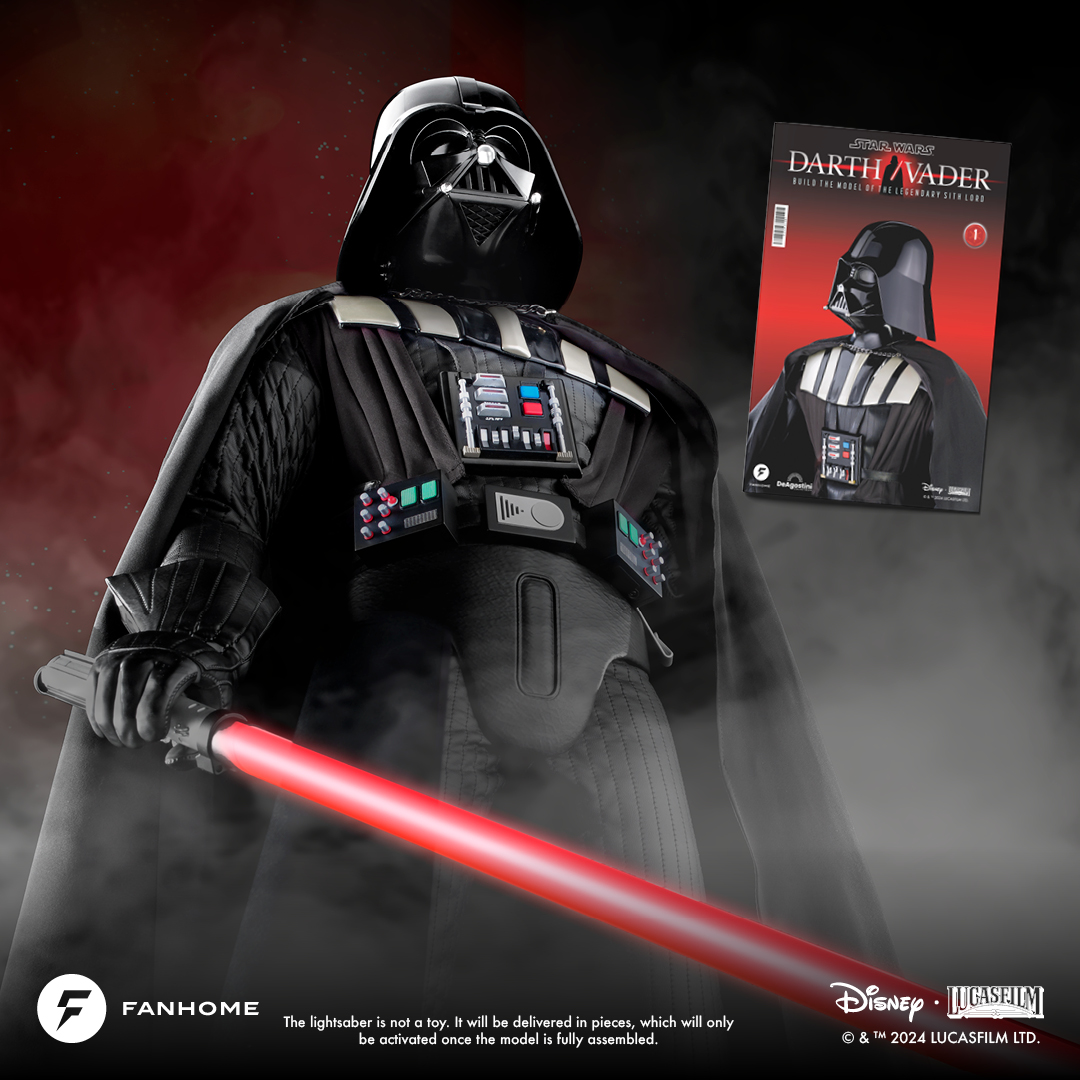Star Wars Rebels Talking Points: “Heroes of Mandalore” Parts 1 and 2
Star Wars Rebels returns for the fourth and final season today; this is a mixed blessing. On the one hand, audiences will be able to experience all new episodes of this beautiful addition to the Star Wars mythos. Conversely, knowing that this will be the final season can’t help but bring about a twinge of melancholy. Kanan Jarrus, Ezra Bridger, Hera Syndulla, Sabine Wren, Zeb Orrelios, and Chopper are forever ensconced into the lore, and the Star Wars universe is better because of them. This is precisely why we deserve a proper ending to their story. The first two episodes begin that journey in spectacular fashion. Here are a few talking points to add to the conversation.
Mild spoilers to follow: be sure to watch the Season Premiere before continuing below.

Sabine’s Leadership
The opening storyline of Season Four is focussed on Sabine, who has matured into a compelling leader. Her inward journey to find peace with her past has led to an outward journey of finding out not only who she is, but what kind of leader she wants to become. Her story contains a nice paradox: is it Sabine’s destiny to lead Mandalore to a better, more united tomorrow, or is she going to choose another path? Without giving too much away, the answer is yes. It is how she gets to this place that is important. This is a nature versus nurture discussion and is full of tantalizing details that add to her place in the canon. “Heroes of Mandalore” categorically demonstrates what it means to be a leader and a hero.

Identity and Honor
Sabine’s Mandalorian people also face some hard truths. Most notably, they must decide what is (or perhaps, should be) the Mandalorian way; what is the appropriate way to handle the threat of the Empire? This is a society of alphas, and they are taking on the persona non grata of the Empire (perhaps the ultimate alpha). Many different ideas are bandied about throughout these episodes. Honor or cowardice? Hope or fear? What they choose, and how they choose it, will lead to some engaging discussion.
There’s also a great scene where Mandalorian armor is discussed, in terms of identity. At one point, it is stated that a Mandalorian without armor is no more than a common soldier. Digest that for a moment. While it’s clear that this is not the case for Sabine, not everyone on Mandalore can say the same. It’s a fascinating discourse on culture, and how people determine their worth.

Family
This entire series has been about family, in its many incarnations. The focus is on Sabine, of course, but it is not limited to her relationship with her clan. Sabine has to make serious headway with her biological family, as well as with her people. This ties into loyalty too, but family implies much more of an interpersonal relationship. The first two seasons of Star Wars Rebels, in particular, did not focus on Sabine as much. Perhaps that is because she wasn’t ready for the responsibility that would soon be placed upon her. Now that she is ready, audiences are too, making it more rewarding for her character growth, as well as our expectations.

Kanan Jarrus, Jedi Knight
I’ve said it before, and I’ll say it again: Kanan is one of my very favorite Star Wars characters. The first episode, in particular, shows what a threat he is to the Empire. His prowess with a lightsaber is on full display (just wait until you see part one), as is his calming presence among his friends. Undoubtedly, there is more to be done for the Jedi Knight, but so far, he seems to be fully secure and at peace with his role in the galaxy. Plus, you’ve got Freddie’s spot on delivery and comedic sensibilities.
What Talking Points do you think warrant further discussion? Let us know in the comments below.
Powered by Sidelines



1 comment